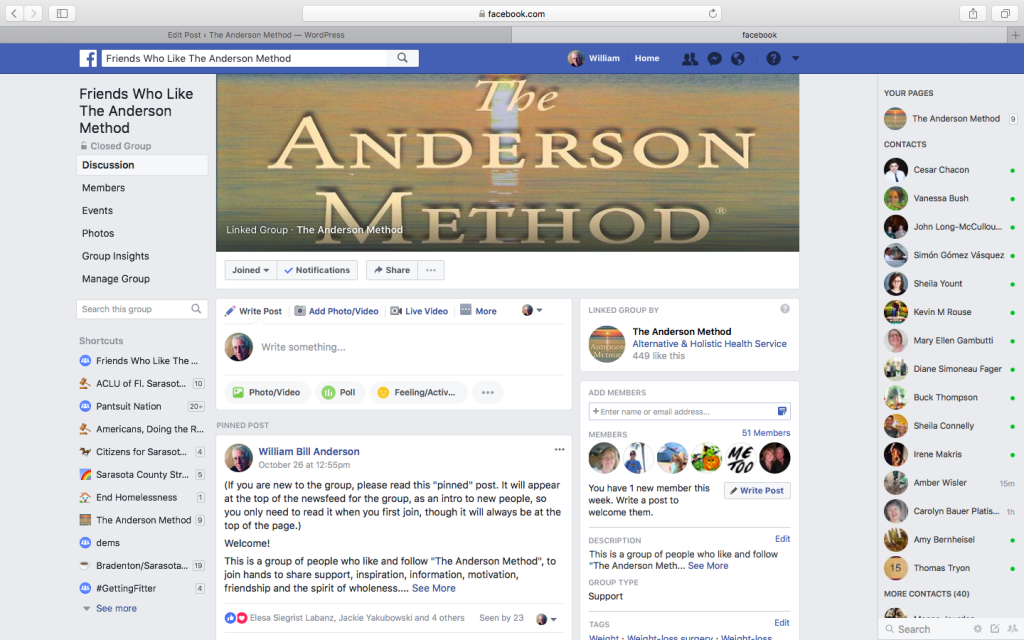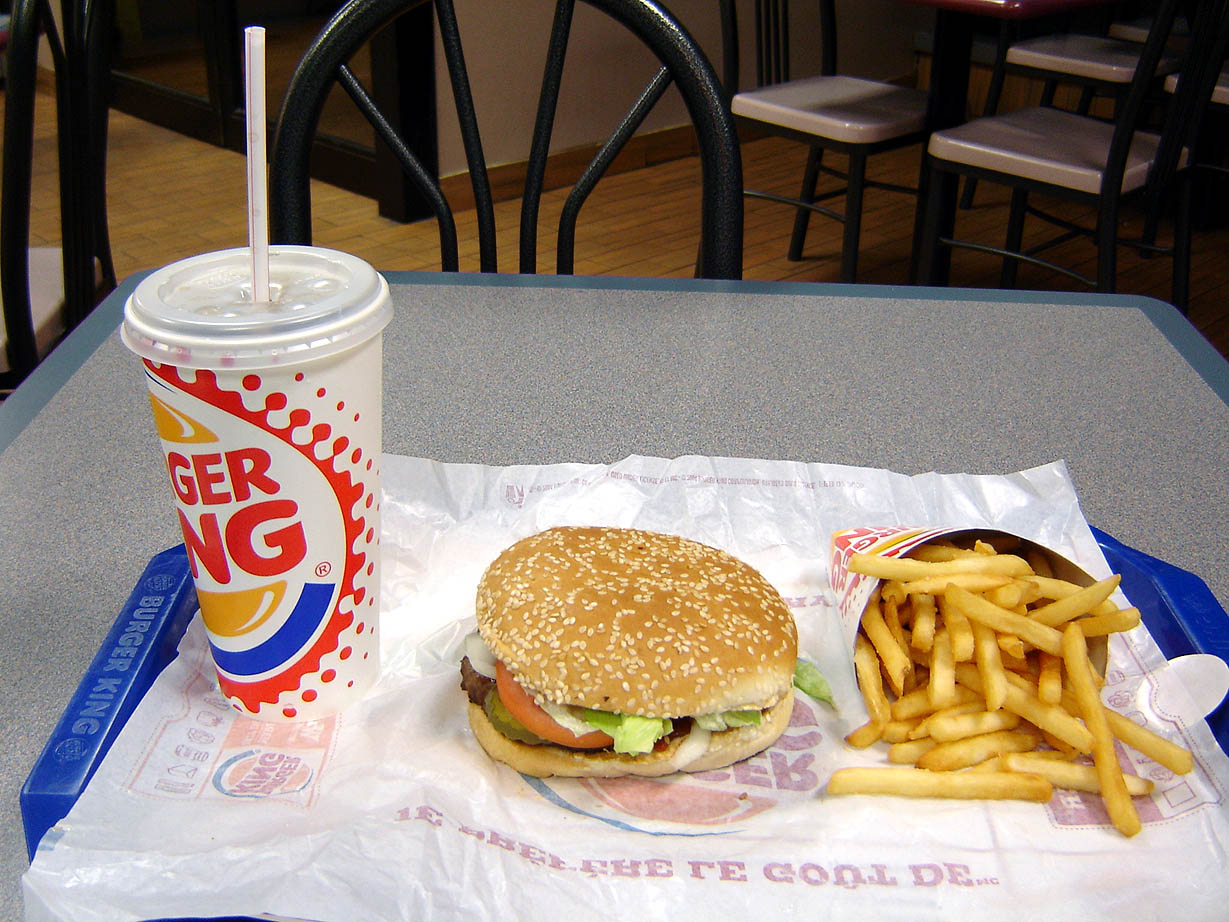
If you are a young person and have not yet discovered weight loss “plateaus”, you need to learn about them so they do not sabotage your weight loss success. They are inevitable, incredibly infuriating, and can destroy a happy successful weight loss effort. However, I can teach you how to deal with them. They can be beaten when you know how.
What is a weight loss plateau?
Weight loss plateaus are periods of time, sometimes weeks on end, where you stop losing weight after weeks of great success, sometimes losing 10 pounds or more in a few weeks. In the first month or so of any legitimate weight loss regimen, the scale will reward you regularly for a few weeks and then it usually comes to a screeching halt. It stops moving and just stays there, even though you are doing what you are supposed to. It’s horrible. Plateaus happen while you are working as hard or even harder than you did in the beginning of the effort, and they happen regularly when you are engaged in a weight loss regimen. They can be incredibly frustrating if you don’t know how to handle them. The usual reaction is to throw up your hands and say “the heck with it —this isn’t working” and go back to overeating with a vengeance.
As a behavior therapist specializing in weight loss, I have developed a method to deal with plateaus (and the scale) so that they cease to be an impediment to weight loss success. My method, a collection of behavioral and cognitive behavioral techniques, helped me lose 140 pounds after 25 years of diet and weight loss failure, and I’ve kept it off for 30 years. I’ve been teaching these methods to clients and other therapists since, and my ideas are used by clients, readers and weight loss programs all over the world. The way of dealing with plateaus is one of the most important.
What can I do when I hit a plateau?
First, prior to even starting on any effort, you have to change the way you think about weight loss and the scale. This is work using principles from both cognitive behavior therapy and behavior therapy.
Our objective needs to be behavior management, not scale management. We know that if you eat fewer calories than you burn, you’ll burn fat that day. Go to www.calculator.net to find out how many calories you’ll burn at the weight you want to be. Any day you eat less than that (the “to maintain” number) you’ll burn off some excess fat. When you know how many calories you’ve had every day, you’ll know exactly where you stand. You don’t really need a scale to tell how you are doing. Keeping track of the calories you eat will let you win every day! Sometimes you win big when the calories are low, sometimes you’ll just be holding your own when it’s near your maintenance level. If you eat fewer calories than the maintenance level, you can win every day!
You’d need to eat 3500 calories over and above your maintenance level to gain a pound, so when the scale says you’ve gained 5 pounds on a day when you didn’t overeat, you know the scale is lying, the Devil! Even if you overate a bit, you can’t gain 5 pounds in a weekend. That would take eating over 17,000 calories over and above your maintenance levels! (3500 x 5)
Keeping track of your caloric intake and remembering what it really means can immunize you from the destruction the scale can do when you take it seriously as a measure of your work. Doing a great day’s work and then getting on the scale and believing you gained weight because the scale says so would be like working hard all day and getting fined, punished for it, instead of getting paid. Who would keep doing that? Instead, count up the caloric deficit for the day, the amount of fat you burned off.
The scale lies!
We need to adjust our thinking about what the scale measures. When I was young, I was told “the scale doesn’t lie”, but they were wrong telling me that the scale was a true measure of my progress.
The scale measures all the matter that’s contained in your skin —muscle, organs, fat, blood, bone, the contents of your bowel and bladder —but all we care about is reducing the fat. The scale can’t measure that. Since we are composed mainly of water, the scale measures mainly the amount of water we are carrying today, which depends on a lot of factors. If you are retaining fluids because of the time of month or because you ate some salty food, the scale will go up, maybe as much as 5 pounds. If your calorie intake was lower than your maintenance level, you should feel accomplished, not like a failure!
Looking at the scale as the measure of your progress is a big mistake. After all, drink a big glass of water and you’ll gain a pound. Seriously, should you see that as a sign that you did badly? If you have a big bowel movement, should you be proud of that because the scale went down?
Look at your behavior every day to measure how you are doing, not the scale. If you consistently eat fewer calories than you burn, and you don’t bump it up when you reach your goal, you will lose weight until you are skeletal. This is irrefutably reliable science. It cannot fail.
Talk to yourself the right way
Talking to yourself is a technique of cognitive behavior therapy (CBT) that incorporates a bit of self-hypnosis. We’ve found that the things you say to yourself have power (to help or hurt), and speaking them out loud gives form to your thoughts and better conscious control of them. When you hit a plateau tell yourself “I know that when I eat fewer than 1800 calories (an example), I burn a chunk of fat off my body that very day. I only ate 1000 today, so I know I burned off a chunk the size of a stick of butter today (a quarter of a pound of fat, 3500/4 = 875) and if I do that tomorrow, I’ll burn another one off. Eventually it will show up on the scale, when my body decides to release the water it’s holding.”
Whatever you do, stop saying things to yourself like “This isn’t working! I might as well go back to overeating.” Before I learned how to succeed, I used to say things like that when I hit a plateau. I would discourage myself and quit working on my weight loss. It’s using CBT and self-hypnosis to hurt yourself.
Telling yourself, “This isn’t working”, when you have eaten fewer calories than you burn is a lie. If you don’t eat the maintenance level, you have to get the fuel from your stored fat. It’s no more possible to live without burning those calories than it is to drive around without burning gas. Don’t say these dishonest things.
I used to say “No matter what I do, I gain weight.” It would discourage me, but it was totally untrue, of course. If I actually ate less than I burned, I’d lose weight, guaranteed. But the foolish lies sabotaged me until I quit saying them. I quit doing things the wrong way and started doing things the right way. I solved my weight problem and you can too. Follow me.







